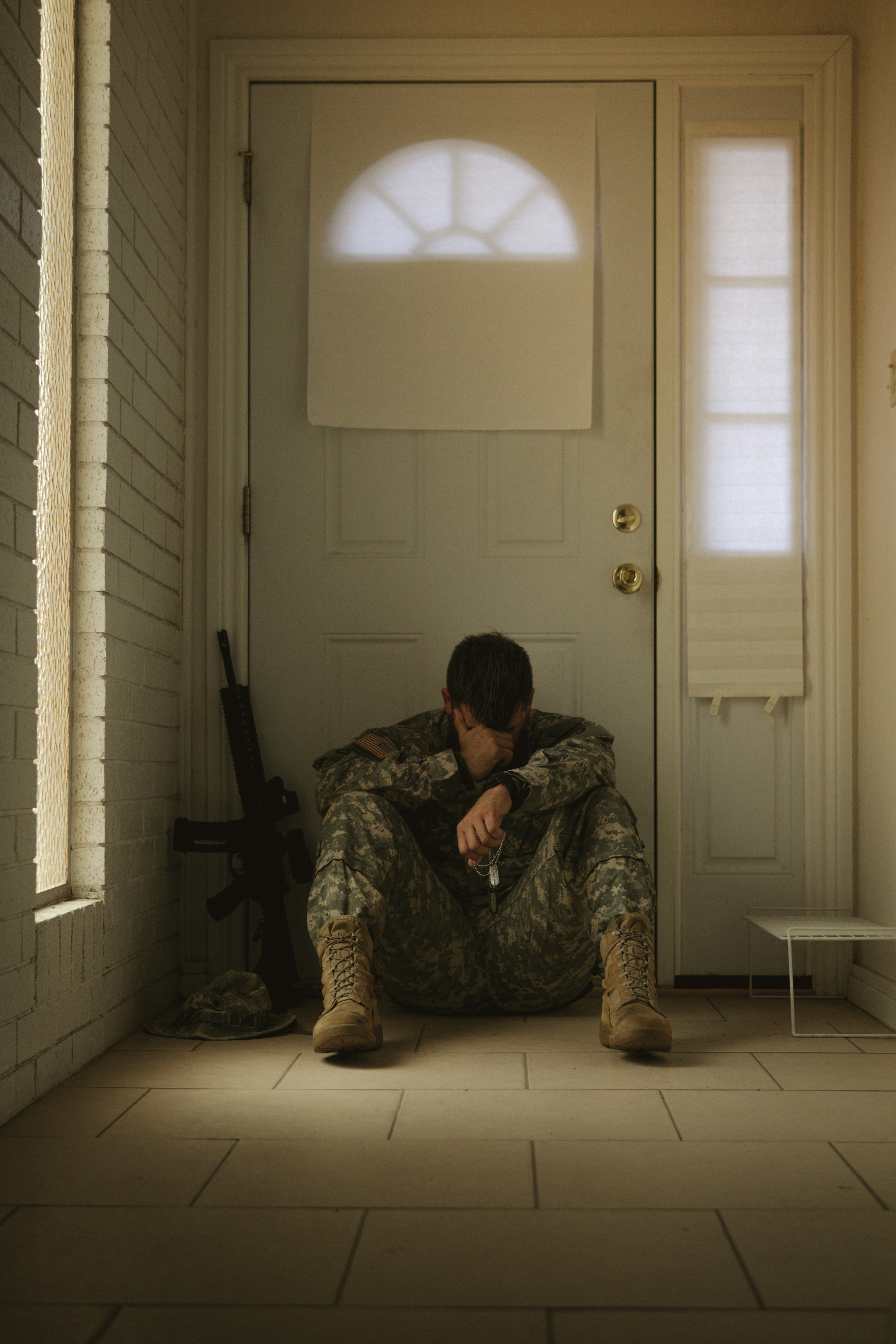Have you ever been in a situation where someone told you that they felt suicidal or had a plan to harm themselves? If so, you certainly aren’t alone. With about 800,000 people dying by suicide each year and suicide claiming a life every 40 seconds, suicide can affect anyone, anywhere. As a result, National World Mental Health Day on October 10th shines a spotlight on suicide prevention. Because these crisis situations happen unexpectedly, it’s understandable that you may be unsure how to respond if someone tells you that they are thinking of killing themselves. Here are some risk factors and warning signs you should look out for as well as how you can help someone who is struggling.
Risk Factors
While most people are pretty good at recognizing clear warning signs for suicide, such as suicidal thoughts and behaviors, we often struggle with picking up on some of the lesser-known risk factors. In some cases, we may simply lack an awareness of what these factors are. Important ones can include:
• Family history of suicide
• Family history of violence
• History of trauma
• History of physical or sexual abuse
• Exposure to the suicidal behaviors of others (i.e. family or peers)
• Mental health issues (I.e. depression, anxiety, substance use disorders, or being recently released from jail or prison)
• Chronic pain
• Ability to access firearms
Warning Signs
According to the National Institute for Mental Health (NIMH), warning signs for suicide can include:
• Talking about wanting to die
• Making a plan for suicide (i.e. online searches)
• Buying a gun
• Stockpiling pills
• Feelings of emptiness or hopelessness
• Being in unbearable pain
• Talking about being a burden to others
• Increased alcohol or drug use
• Isolation
• Saying good-bye to loved ones or putting one’s “affairs in order”
• Sudden change in mood (i.e. depressed and then suddenly appearing happy)
How You Can Help
So, what can you do if someone you know is experiencing these feelings? First, it is important to remind them that they are not alone, and that many people feel this way from time to time. Most people who have attempted suicide regret attempting their plan and express that they realized that this is not what they actually want.
Encourage your loved one to think about the things they still have to look forward to. Most of us have many things we are hopeful for once we really sit down and truly think about the future. Sometimes it is easy to focus on what is going wrong, but these feelings are temporary, and given enough time, will change. Making a decision with permanent consequences as a result of a temporary feeling takes away the possibility that things could change for the better.
Seeking out professional support is the best option of all. Calling 911, talking to police, a therapist, or any other trained mental health professional can provide another level of assistance. There are also national suicide prevention hotlines which are open 24 hours a day, 7 days a week, and offer free, confidential support. And if you are worried about someone on social media, you can use that media’s search engine to look up how to report your concerns. These days, nearly all social media programs, including Twitter, Tumblr, Facebook, and Google, have a way to report worries of suicidality online. What is most important is that you reach out for help and do so quickly, as time is extremely important in these critical situations.
If you or a loved one is struggling with addiction, Mountainside can help.
Click here or call (888) 833-4676 to speak with one of our addiction treatment experts.

 By
By 





